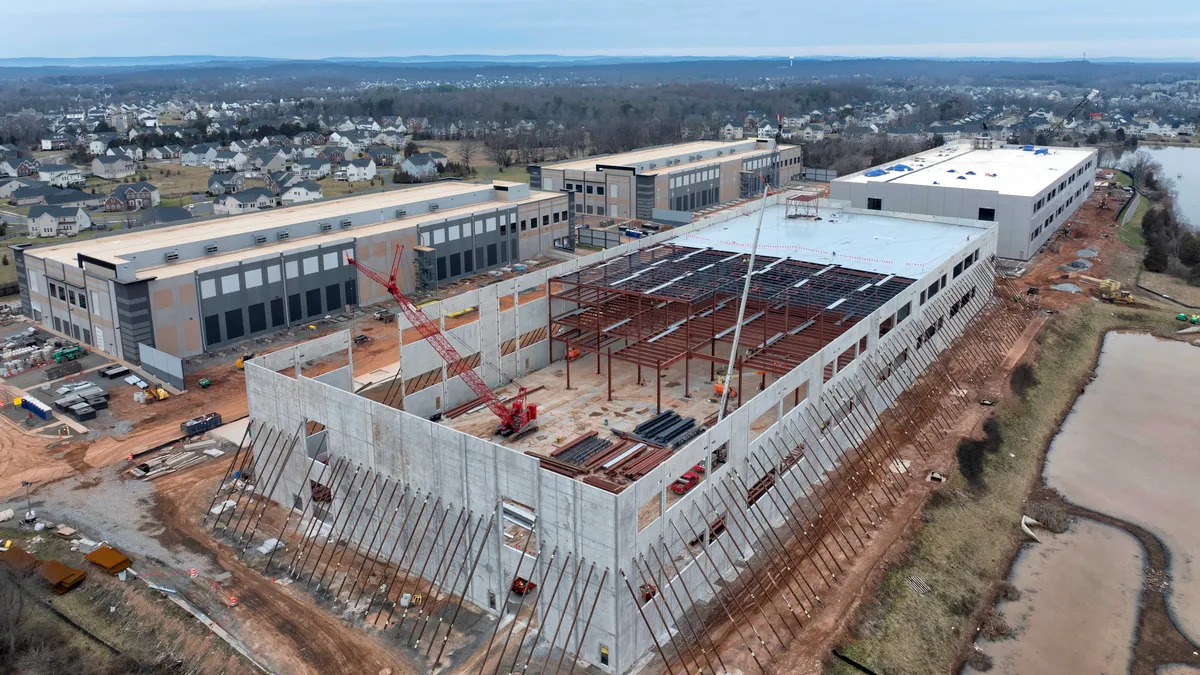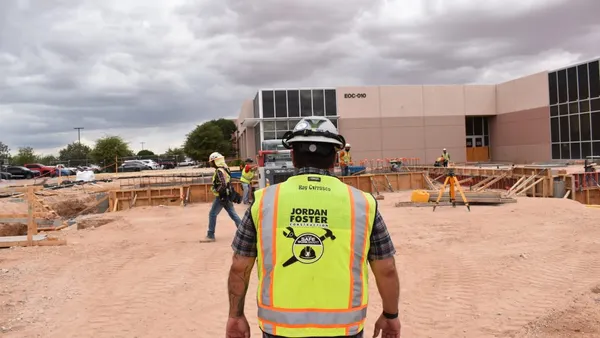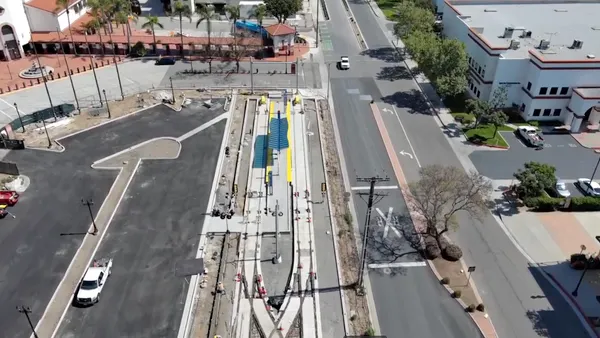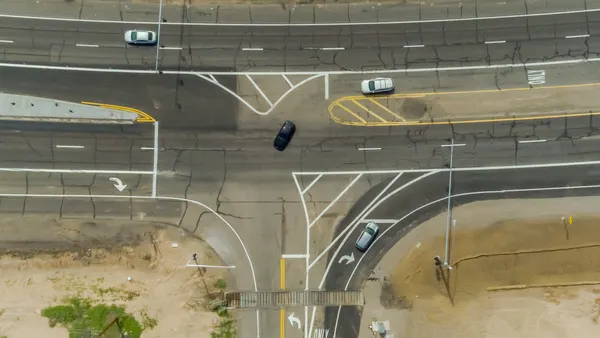Dive Brief:
- Reps. Barbara Comstock (R-VA) and Elizabeth Esty (D-CT) have introduced a bill to provide smart technology grants for transportation projects. The Smart Technology for Resilient, Efficient, Economic and Reliable Transportation in Cities and Communities (STREET) Act builds on the U.S. Department of Transportation's (DOT) Smart City Challenge grant program that launched in 2015.
- The STREET Act would offer communities up to $100 million a year for five years for smart transportation projects.
- Grants are available for small- and medium-sized communities.
Dive Insight:
The original DOT Smart City Challenge in 2015 received submissions from 78 applicants when it requested ideas for smart transportation systems from mid-sized cities. It granted $40 million to one winner and announced an additional $65 million in grants last fall, some of which went to four of the finalists for the original Smart City Challenge. Cities also leveraged $500 million in public and private funding to make their transportation ideas a reality.
In addition to offering grants, the new STREET Act also involves developing a Smart City and Community Resource Guide and a government study on innovate ways for communities to finance smart projects. It also encourages the industry to lead a review of domestic and international standards. Such a collaboration would focus on best practices and creating a framework for model tools, guidelines and methodologies throughout the industry.
The grants help smaller communities, that might otherwise struggle to secure funding, to realize innovations that might be easier for big cities to fund. The resource guide is a welcome supplementary tool for smart cities, considering that new innovations frequently emerge and few industry-wide standards exist.
Being able to easily reference what has and hasn't worked in other smart cities could help smaller communities scale programs to their needs and identify appropriate measures at the outset. Plus, it could provide ideas for industry connections and potential partnerships that are key to small cities' success with launching projects.















